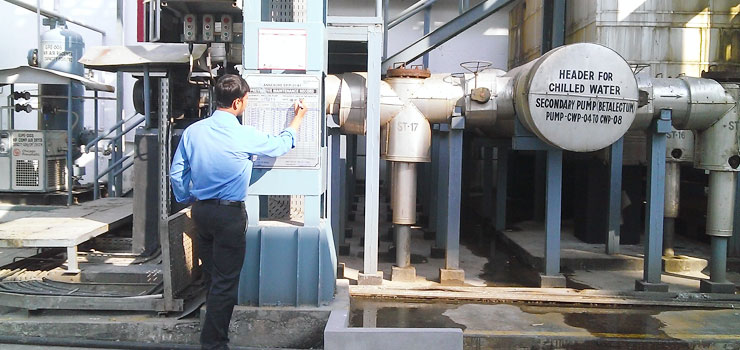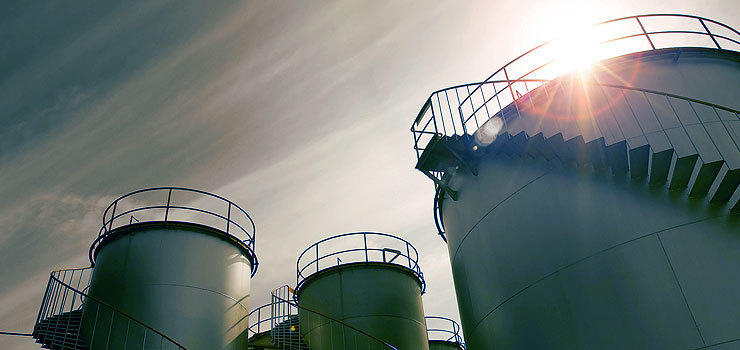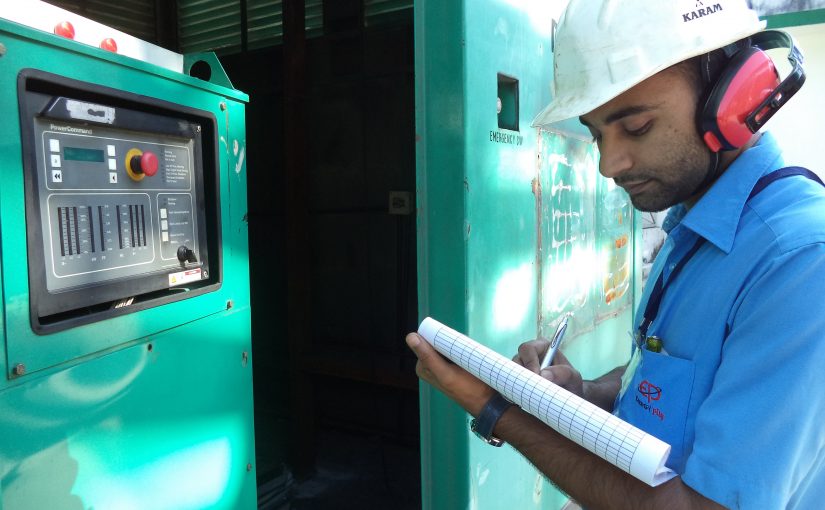Industrial chiller is very important for the proper functioning of a factory. Chillers get congested at times and create huge nuisance in industry operations.
These essential tips will help you eradicate problems with chillers –
Keep a daily log
Keeping a daily log is essential for any industrial heavy equipment. Always have a data ready for your chillers. Parameters like temperature, pressure, fluid levels and flow rates should be recorded and monitored. These will come in help during maintenance and repair. Remote monitoring technologies will allow you to inspect your machines periodically. It will also allow you to generate trend reports that can pinpoint functional problems.
Keep tubes clean
This is crucial for effective heat transfer. Condenser tubes should be cleaned at regular interval. Industrial Chiller performance will be greatly compromised if the heat transfer is interrupted by contaminants. Cleaning ensures that the tubes remain free of sludge, mud, scale, algae, dust and other contaminants.
Treat condenser water
Condenser water loops that uses open cooling sources requires water treatment to stay free from corrosion, scale and biological growth. The water quality should be well monitored to ensure proper chilling and heat transfer.
Decrease entering water temperature
Decreasing the temperature of the entering water increases chiller efficiency. Keeping the chilled water flow between 3 to 12 feet per second ensures better efficiency.
Maintain proper level of refrigerant
Keep the refrigerant level as per the chilling requirements. Too low or too high level of refrigerants is detrimental for the health of chillers.
Check compressor oil
Send compressor oil samples to laboratories to check its quality. This spectrometric analysis reveals a lot about the overall health of the chiller. Change the oil when the reports indicate anything wrong.
Install variable speed drivers
As the chillers have huge electrical intake, VSD should be installed for electric saving. This also prevents electric charge overflow.
Chillers in most cases represent the single largest electric load in a plant. Hence, proper chiller maintenance is very important too keep it light on pocket. At Energy Plus, we offer best of its kind chiller operation and maintenance in India to give you a smooth factory experience.



